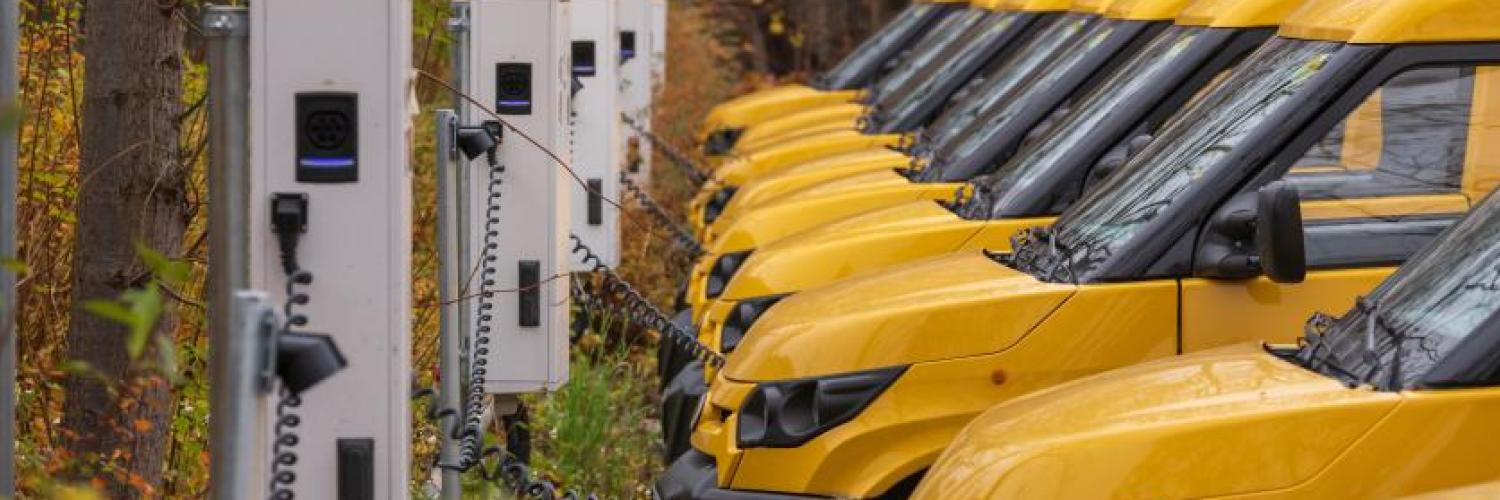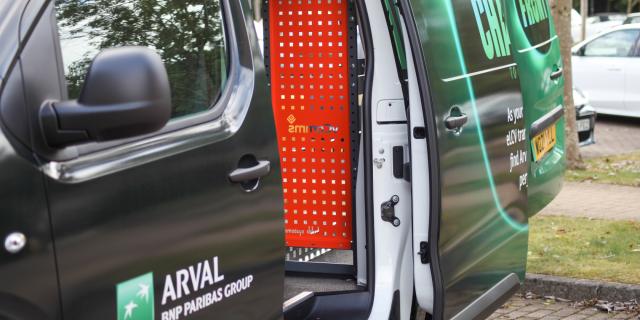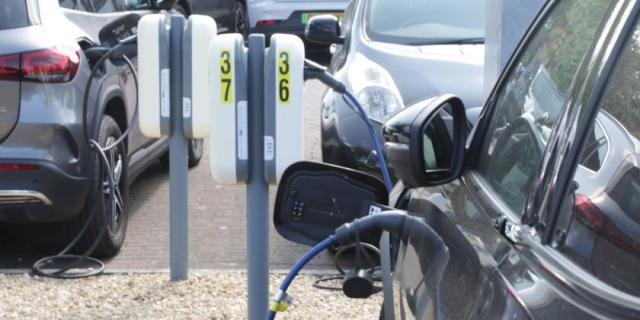Almost six out of 10 UK businesses (57%) have started preparations for the 2030 Government deadline to stop sales of new petrol and diesel vehicles, research from the latest Arval Mobility Observatory Barometer shows.
When asked “How well prepared are you to operate zero emissions vehicles in response to the Government ban on sale of petrol and diesel vehicles in 2030?”, a total of 24% said that they had plans in place and expected to have a zero emission fleet by 2030, 23% that some preparation and planning had been done and they may have a zero emission fleet by 2030, and 10% that they had plans in place and would have a zero emission fleet by 2030 or sooner.
However, 42% said that they had undertaken no preparation work because there was plenty of time until the deadline.
Shaun Sadlier, Head of Arval Mobility Observatory in the UK, said: “In some respects, 2030 still feels like some time away, but for the majority of businesses that employ a four year car replacement pattern, it is only two cycles. For van operators, who tend to keep vehicles for longer, it is even less.
“Perhaps what the data does indicate is that there is a definite difference in attitude between the six out of 10 fleets who are taking a structured approach towards 2030 and the remaining four out of 10 who may see it as something that they will need to manage in the future or have more urgent challenges to manage today.
“Arval in the UK is already working with many fleets who are aiming to fully electrify their car fleets well ahead of the 2030 deadline, with some having unofficial targets of being fully electric by the middle of the decade. This is achievable, and what is interesting is that businesses pursuing this aim represent all sizes and come from all sorts of sectors.
“The process is likely to be more protracted among van fleets – the adoption of electric light commercial vehicles requires a higher degree of operational adaptation while new vehicles have been slower to come to market – but again, relatively large numbers of companies are aiming to fully transition well before the end of the decade.
“Those businesses which don’t have transition strategies in place are not doing anything wrong in strategic terms. However, they may find that factors such as taxation policies, clean air zone restrictions and even vehicle availability may effectively force them into transitioning well before 2030.”
Every year at Arval Mobility Observatory, we conduct one of the most authoritative pieces of research in the fleet and mobility sectors. For the 2022 Barometer, we talked to decision makers in 26 countries. Visit arval.co.uk/amo-insight to register to receive research reports.
How well prepared are you to operate zero emissions vehicles in response to the Government ban on sale of petrol and diesel vehicles in 2030?
| No preparation – we have plenty of time |
42% |
| Some preparation and planning done – we may have a zero emission fleet by 2030 |
23% |
| Considering adding other vehicle manufacturers to our policy |
11% |
| Plans in place and we expect to have a zero emission fleet by 2030 |
24% |
| Plans in place and we will have a zero emissions fleet by 2030 or sooner |
10% |




